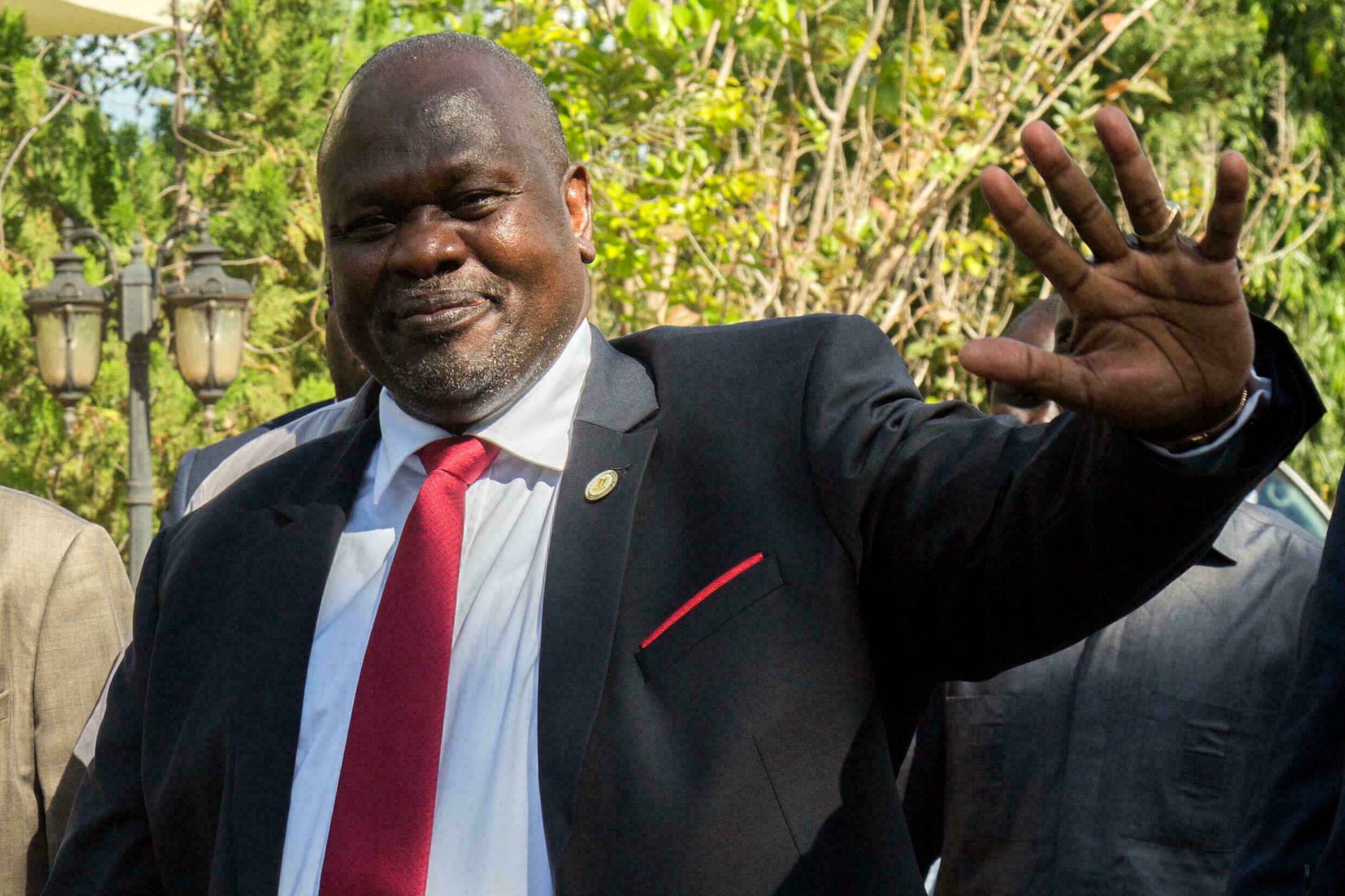
Stakeholders say South Sudan’s new constitution must address issues affecting women

By Simon Deng
Stakeholders in South Sudan are advocating for a permanent constitution that will address issues affecting women in the country.
According to the Chairperson of the Specialized Committee on Youths and Sports, Gai Mayen Luk, the National Assembly will push for laws which are just and fair to the womenfolk in South Sudan.
“The laws which we will come up with will have to be just and fair, the inclusion of women is a very important aspects,” Luk said at a training organised by UN women for mentoring young women and youth on the constitution making process in the capital Juba.
“We are going to make sure we enact necessary laws which should govern our country.”
Luk said a viable progress in development and spurring of the economy will be difficult to attain with full participation of women.
“The constitution making process is meant to be comprehensive so that all the loopholes we have currently are covered,” he said.
“Women will have a say at the decision-making table” alongside “a lot of other vulnerable people in our society, the disabled, the elderly and even children” who must all be given consideration,” Luk said.
Peterson Magoola, the UN Women Country Representative said women face numerous challenges in South Sudan.
“There is continued lack of skills among the youth and young women in areas such as business management, entrepreneurship skills and vocational skills,” Magoola said.
“We also see limited access to opportunities for the youth and women in areas such as finance, loans, health facilities.”
Jan Huesken, the Deputy Ambassador for the Kingdom of Netherlands in South Sudan said reasonable progress is seen in policy draft but implementation remains largely behind.
“We all know that advancing women empowerment and ending gender-based violence requires gender equality and strengthening the capacity of women,” Huesken said.
“Women are disadvantage in leadership and political participation,” he said adding, “if women are allowed to take up decision-making powers or are being put on board of the corporation or in political negotiations, inequality reduces significantly, inequality excludes people or section of population right away to extremism.”
The permanent constitution making process was meant to be completed within 24 months of the transitional period but the procedures is yet to begin.


































